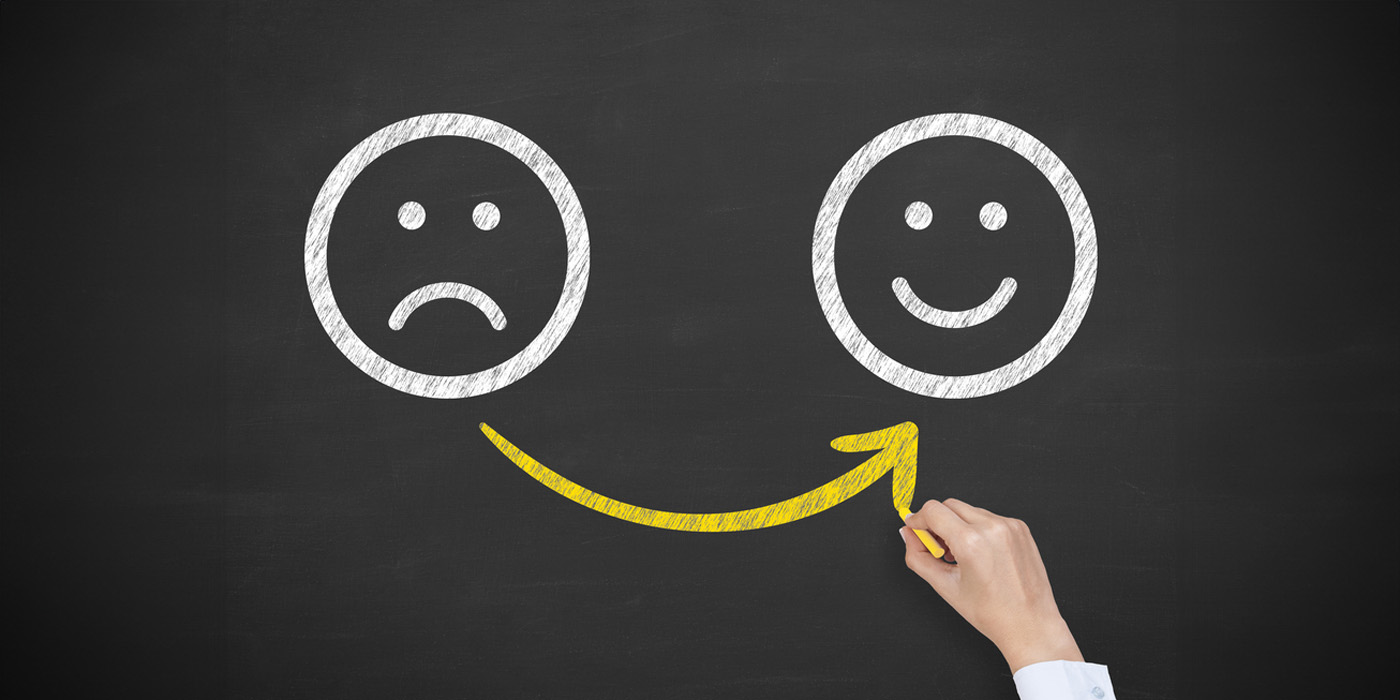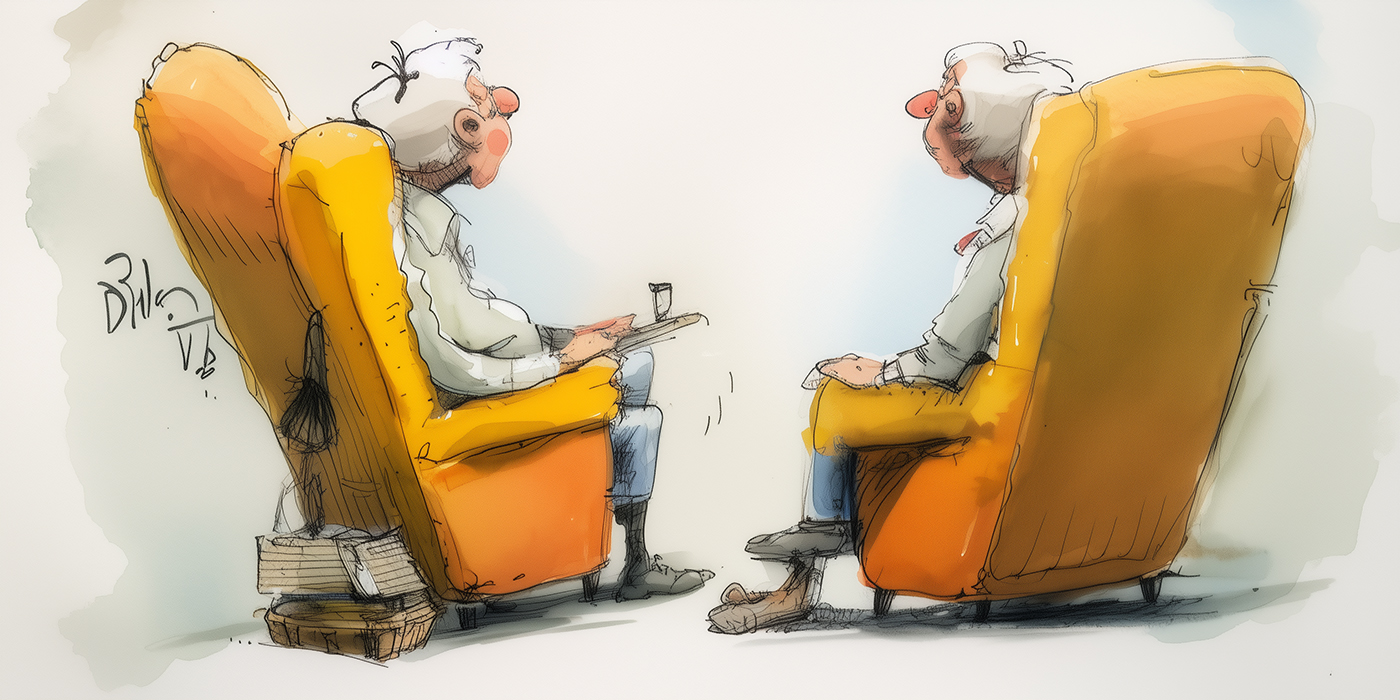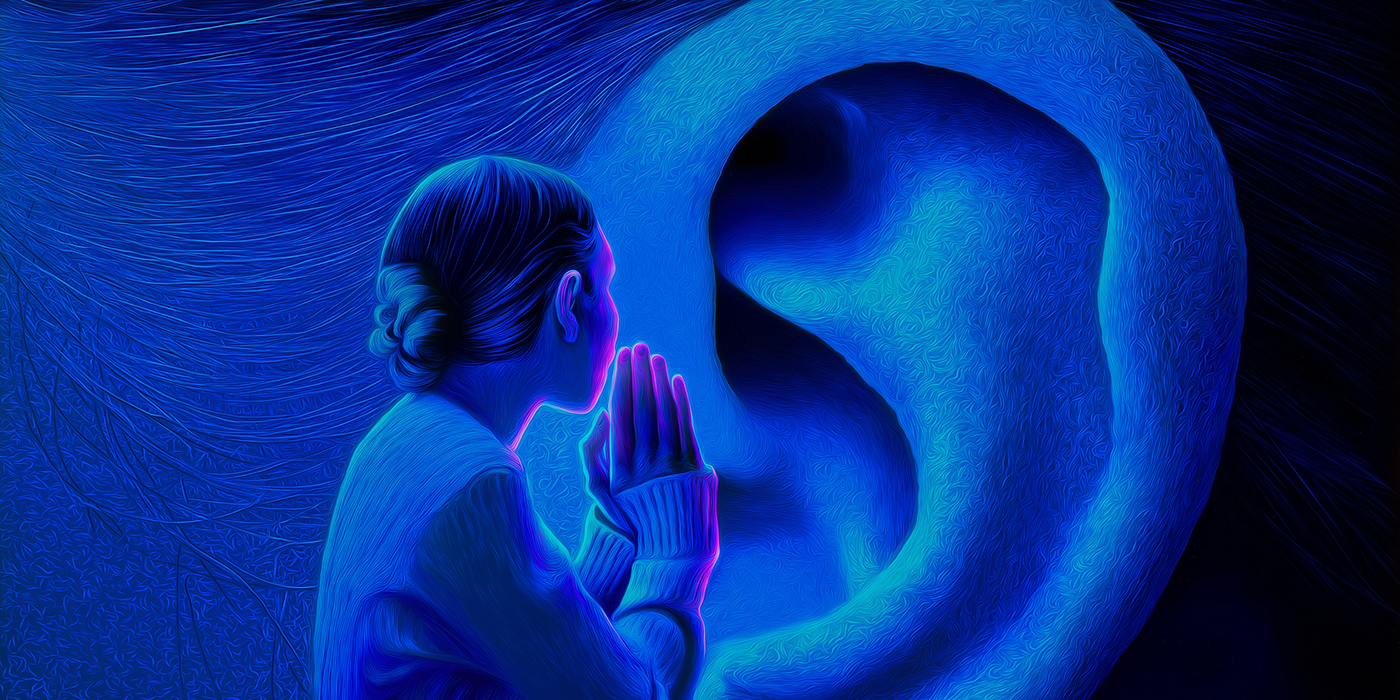
There are three essential things that help me be sober. The first is a commitment to surrender every single lust temptation to my Higher Power. The second thing is to associate myself with the SA fellowship at every opportunity. I do this with regular communication with my sponsor, phone calls and meetings with SA members, and constant study of SA literature. The third thing is service to SA members through sponsorship, attendance at meetings, sponsoring people in prison, carrying the message to newcomers, and serving the SA structure as Representative, Delegate or Trustee.
These three helps are essential to my sobriety, but there are other tools available to me. One tool that I have found useful is maintaining some hobbies. In sobriety, when the above essentials were in place, my hobbies have helped me keep a balance in my life. Reading a good book, which captivates my interest without drawing it into lust, is a safe hobby. A good book can be an acceptable distraction from an immediate problem that I need time to solve. Books can broaden my perspective of things.
Other hobbies that have served me are those which take me into nature. Bird watching, hiking, sailing, bike riding, and gardening have served me well. These activities help me to practice “a positive sobriety.” Hobbies which draw out my creative imagination have also been very healthy. These include playing a musical instrument, singing in a choir, painting landscapes, learning new songs, writing poetry and articles for the ESSAY magazine.
Exercise has also been of great service to me in broadening my perspective. After exercising, I feel better. It helps me get out of my isolation, away from my house and my computer. Exercise helps me have a healthy body, which also helps me keep my emotions in balance. When I am sick, my attention is by necessity focused on myself. In a similar way, addiction to lust also focuses my attention on myself, but not in a healthy way. Activities which draw my focus outside of myself is a way of practicing “a positive sobriety.” I have also found that exercise can clear my mind of lustful thoughts.
Maintaining my emotional sobriety is an aspect that I have found helpful in maintaining my physical sobriety from lust. When I am consumed with resentful thoughts, I am not emotionally sober. When I am trying to get my way, I will, no doubt, run into many things which I cannot change. Trying always to get my own way is a sure trigger for me. Frustration inevitably results. Now, when I am in emotional distress, I know that I am more susceptible to lust temptations. Warning bells ring in my mind. I know I need to surrender the situation to my Higher Power, and make a phone call or attend a meeting. I need to accept the things which I cannot change. Being emotionally sober is a way to practice a “positive sobriety.”
Finally, spending time with my Higher Power in prayer and meditation (Step 11) is a practice that reaps benefits when I meet a lust temptation. When I have spent time doing things which support my faith and relationship with my Higher Power, then I feel close and more ready to ask for help. Having a regular prayer time daily, and gradually adding other times and practices during the day supports my relationship with my Higher Power. Relationships are built on time spent together. When a lust temptation occurs, I remind my Higher Power that I am powerless and need help. This practice continues to save my sobriety.
All of the above practices have helped me live a sober life. They are the practical way that I live out the commitment of my heart, “I really want to be sober.”
KB, Florida, USA






